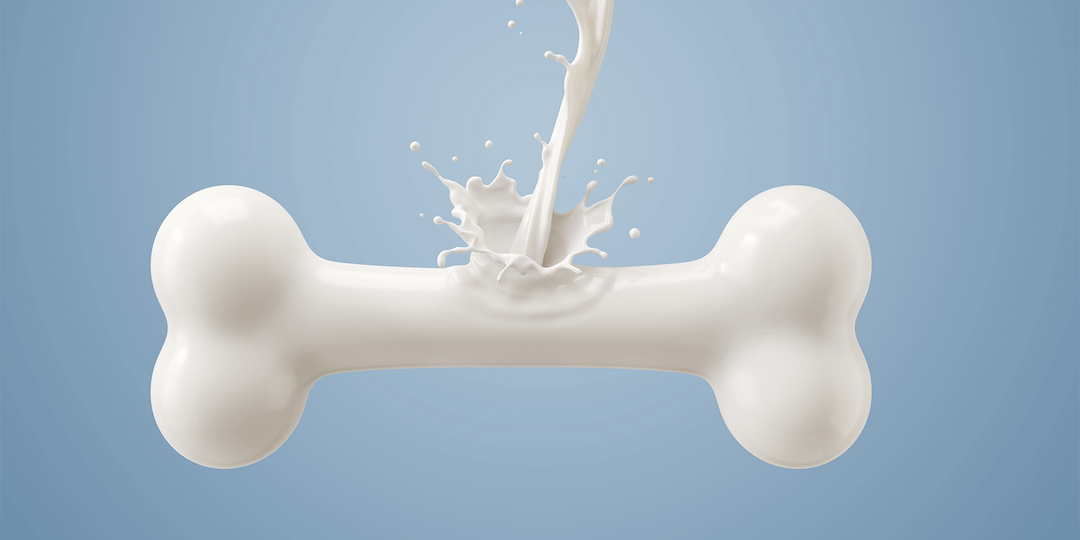Prevent Calcium Deficiency After Bariatric Surgery
When you hear Calcium, you probably think of bones and teeth, but did you know that calcium plays an important role in many other parts of your body including your circulatory and nervous systems?
Opurity® by UNJURY® BONE Promo!
Because calcium is so important to your health, we are offering a Promotion to support your BONES (and more). For a limited time, when you buy 2 Bottles of Opurity® Calcium-Citrate Plus Chewable, we’ll throw in a bottle of Vitamin D3 for FREE.
Why Do I Need Vitamin D? Because Calcium and Vitamin D work hand in hand. Vitamin D helps your body absorb calcium, so you need both for good bone health.
Calcium is an essential nutrient that not only supports bones, but also allows muscles to move and helps nerves carry messages from your brain to other parts of your body.
Calcium deficiency can lead to brittle bones, teeth loss, muscle cramps, tingling in the fingers and around the mouth, and confusion. More severe deficiency can lead to convulsions and heart arrythmias.
As you age, and especially after having bariatric surgery, people are at a higher risk of calcium deficiency due to the changes in the digestive system that affect the body's ability to absorb calcium. Calcium-citrate supplements are recommended to help reduce the risk of calcium deficiency and support bone health as you age.
Don’t Miss Out on The Opurity® BONE Promo!
More About Calcium for bariatric patients and healthy aging:
- Bone health. Calcium is an essential mineral for maintaining strong and healthy bones, blood vessels and nerves. A calcium deficiency puts you at an increased risk of developing osteoporosis, or weak bones.
- Malabsorption. Surgery, such as gastric bypass or gastric sleeve surgery, changes the size of the stomach and bypasses a portion of the small intestine where calcium is absorbed. This greatly reduces the amount of calcium that you can absorb from your diet. And if you don’t tolerate dairy, it is especially difficult to get enough calcium from food alone.
- Preventing calcium deficiency: Bariatric surgery and aging can lead to nutritional deficiencies when food intake is limited. To prevent deficiency, high-quality calcium supplements can ensure adequate calcium intake and better absorption.
What Kind of Calcium is Best and How Much do I Need?
Calcium Citrate is the right calcium for bariatric patients because it doesn’t require stomach acid to digest which allows for better absorption. Bariatric Calcium-Citrate Plus Chewable from Opurity® is recommended by bariatric dietitians because it provides 1300mg of one of the most absorbable forms of calcium (1 serving/4 chewable tables).
In addition to supplements, incorporating calcium-rich foods, such as dairy products, leafy greens, and fortified foods, can also help meet calcium needs as you age.
Some calcium-rich foods include:
- dairy products, such as milk, cheese, and yogurt
- beans
- figs
- broccoli
- tofu
- soy milk
- spinach
- fortified cereals
- nuts and seeds, including almonds and sesame seeds
It is important to work closely with your healthcare team to be sure you are meeting your individual needs.










